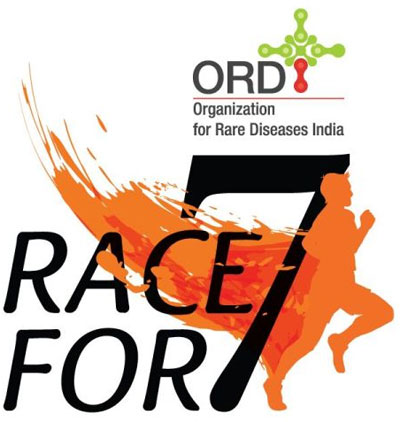Click Below Link
https://www.ndtv.com/india-news/woman-undergoes-robotic-surgery-for-rare-disease-in-delhi-2360115
The patient presented with a history of hoarseness of voice and swelling in the neck that had developed two months ago, according to Arun Prasad, a senior official at Indraprastha Apollo Hospitals.
New Delhi:
A 31-year-old woman suffering from a rare form of hereditary disease was operated through robotic surgery at a hospital in New Delhi.
The woman, who is from Kota, Rajasthan, suffered from multiple endocrine neoplasia type 2A (MEN2A), a rare inherited condition in which patients develop a progressively growing tumour at more than two glands, either thyroid gland, parathyroid gland or adrenal glands.
The patient presented with a history of hoarseness of voice and swelling in the neck that had developed two months ago, according to Arun Prasad, a senior official at Indraprastha Apollo Hospitals.
The patient was admitted to the hospital on January 7 and post-evaluation, it was revealed that she had developed two tumours — one in the thyroid and the adrenal gland, an organ that lies near the kidney and pancreas of the person in a remote place in the tummy.
“This is an uncommon condition and only 1 out 35,000 people report this problem, predominantly reported from the western part of the country. Tumour of adrenal can cause devastating fluctuations in blood pressure leading to stroke, bleeding in the brain and eventual paralysis,” Mr Prasad said.
A multidisciplinary approach was required and to ensure precision, minimal blood loss and avoid any post-operative complications, a robot-assisted surgery was planned for the extraction of the tumour, doctors said.
Explaining about the surgery, Mr Prasad said: “This was a challenging surgery for us as we had to make large incisions at two places and if not done with precision, it could have damaged other blood vessels and surrounding muscles of the patient.”
This could have led to either a painful post-operative recovery or additional life threatening complications. Hence, it was decided to go with a robot-assisted surgery as opposed to a traditional surgical procedure, he said.
“We were able to locate the exact site of extraction through master controls for hand movements and precision-guided robotic arms while on a computer operated console.
“We were successfully able to extract the tumours without causing harm to any adjoining muscles or vessels, with minimum blood loss,” Mr Prasad said, adding that the surgery was performed on January 14.
In and around Kota, this rare disease is affecting the people, Prasad claimed.
“This female patient is one such unfortunate victim of this rare hereditary disease. In the past, her brother and father both succumbed to this fatal disease,” he said.
The condition, known as multiple endocrine neoplasia (MEN Type 2A), affects hormone-producing glands of the body, Mr Prasad said.
He underscored that the problem lies in the fact that there are no specific symptoms that could pick up this disease early. Hence, he added, public and healthcare awareness is of paramount importance.
All blood relatives and people in the village need genetic and medical screening for the disease, Mr Prasad said.
Suresh Singh Naruka, a doctor at the Indraprastha Apollo Hospitals said an accurate diagnosis followed by surgery at an early stage is a useful intervention for management of this rare condition.
“Early surgical removal is the only curative option as any delay can make these tumours cancerous and also resistant to chemo, as well as radiotherapy,” Mr Naruka said.
Comments“Therefore, a radical approach both from a therapeutic and surgical point of view was undertaken. Patient tolerated the procedure well and after 48 hours of post-operative care was discharged on January 16,” Mr Naruka added.



